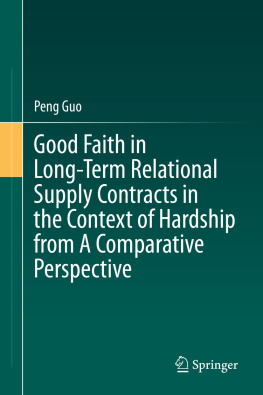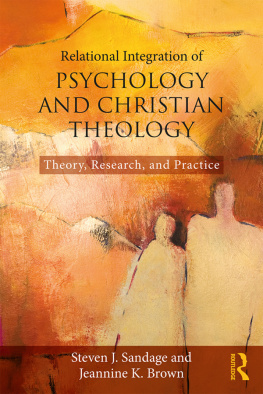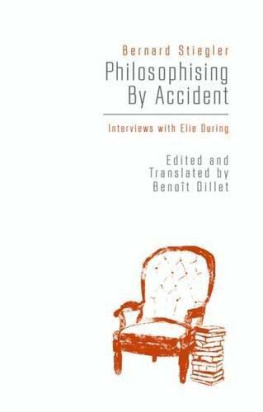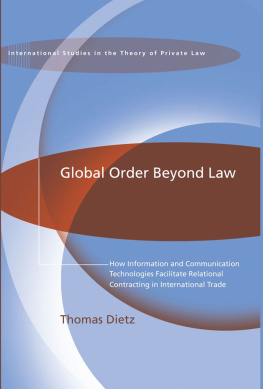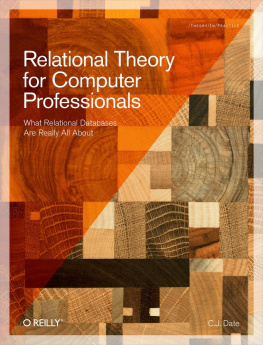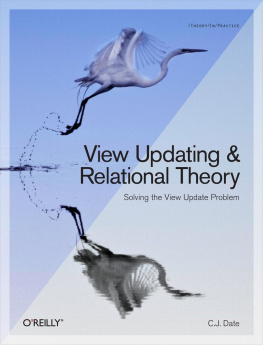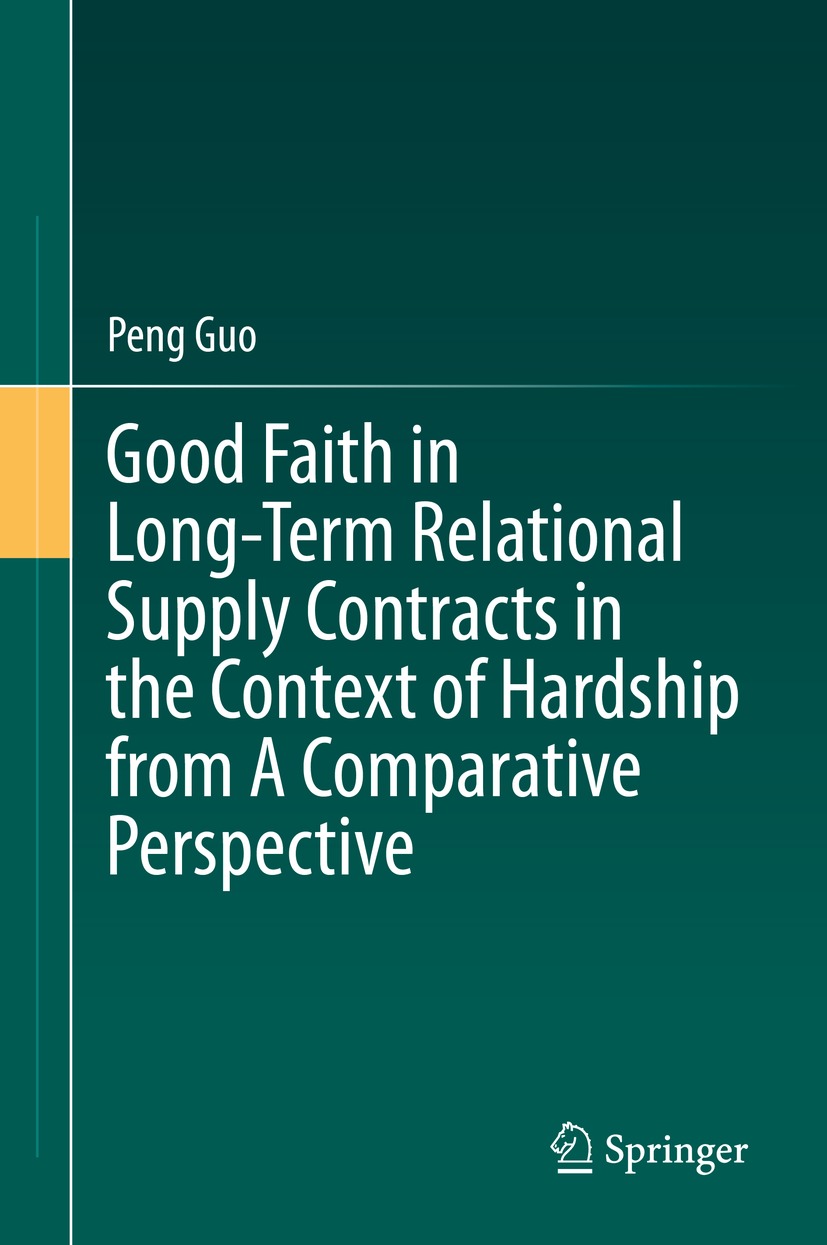Peng Guo
Good Faith in Long-Term Relational Supply Contracts in the Context of Hardship from A Comparative Perspective
1st ed. 2022

Logo of the publisher
Peng Guo
Graduate School of Business and Law, RMIT University, Melbourne, VIC, Australia
ISBN 978-981-16-5512-8 e-ISBN 978-981-16-5513-5
https://doi.org/10.1007/978-981-16-5513-5
The Editor(s) (if applicable) and The Author(s), under exclusive license to Springer Nature Singapore Pte Ltd. 2022
This work is subject to copyright. All rights are solely and exclusively licensed by the Publisher, whether the whole or part of the material is concerned, specifically the rights of translation, reprinting, reuse of illustrations, recitation, broadcasting, reproduction on microfilms or in any other physical way, and transmission or information storage and retrieval, electronic adaptation, computer software, or by similar or dissimilar methodology now known or hereafter developed.
The use of general descriptive names, registered names, trademarks, service marks, etc. in this publication does not imply, even in the absence of a specific statement, that such names are exempt from the relevant protective laws and regulations and therefore free for general use.
The publisher, the authors and the editors are safe to assume that the advice and information in this book are believed to be true and accurate at the date of publication. Neither the publisher nor the authors or the editors give a warranty, expressed or implied, with respect to the material contained herein or for any errors or omissions that may have been made. The publisher remains neutral with regard to jurisdictional claims in published maps and institutional affiliations.
This Springer imprint is published by the registered company Springer Nature Singapore Pte Ltd.
The registered company address is: 152 Beach Road, #21-01/04 Gateway East, Singapore 189721, Singapore
To Shu and Emily
Foreword
Our life is undoubtedly and significantly affected by the unexpected and unforeseen COVID-19 pandemic. So are international commercial transactions. Very often hardship is discussed in this context, and the first respective cases are already pending in arbitration. Dating back to Roman law, pacta sunt servanda and clausula rebus sic stantibus have been applied to tackle issues of the same nature as the COVID-19 pandemic. In modern national jurisdictions, various doctrines based on the Roman doctrines have been designed, such as imprvision in French law, Strung der Geschftsgrundlage in German law and frustration in English law. At the international level, Article 79 of the CISG and the hardship doctrine of the UNIDROIT Principles are of particular importance and relevance. However, these rules vary in one way or another, and no uniform solution has been formed.
A vast amount of literature exists in the research area. Recently, the CISG Advisory Council has published an opinion on Hardship under the CISG.1 Dr Guo, however, does not follow the traditional approach to comparing and analysing the historical background, theoretical foundations, and similarities and differences of these doctrines. Dr Guo chooses to discuss the hardship issues from a narrower and practical perspective, by embedding it in long-term relational supply contracts and by basing it on good faith in general, and by analysing the hardship rules in the UNIDROIT Principles in particular. This book innovatively combines three important and closed-intertwined elements, hardship, long-term relational contracts and good faith.
The 2016 edition of the UNIDROIT Principles adds provisions on long-term contracts, arguably long-term relational contracts, the special characteristics of which are rarely addressed by national legal systems and solutions to hardship issues relating to them are seldomly provided. Dr Guo argues that the UNIDROIT Principles, for the first time, provide a better solution, which is most recently adopted by the Chinese Civil Code 2021, to hardship issues affecting long-term (relational) contracts by adopting the so-called better law approach.
Despite the advantages of the hardship rules under the UNIDROIT Principles, Dr Guo correctly identified potential gaps or shortcomings in those rules. The boundary of the duty to renegotiate is rather vague. The courts or arbitral tribunals power to adapt or terminate a contract is too discretionary. Dr Guo, in his book, takes a bold, possibly brave, step to fill the gaps or overcome the shortcomings. Dr Guo imposes a compelling reason boundary on the duty to renegotiate, proposes a double construction approach to determining whether parties have behaved in good faith in renegotiations before the courts or tribunals adapt the contract, and sets a complete breakdown requirement to temper the unfettered power to terminate the contract.
Scholars, practitioners or alike may or may not be persuaded by Dr Guos proposals. But it is undeniable that this book is a meaningful attempt to perfect a uniform solution to hardship issues in the post-pandemic age, from the better approach to the best approach, which is a significant and challenging task that we may eventually need to complete one day, if not sooner.
Dr Guo has now embarked on his academic journey as a young scholar with unfading enthusiasm on uniform law, particularly the CISG and the UNIDROIT Principles. My best wishes accompany him and his future endeavours.
CISG Advisory Council Opinion No. 20, Rapporteur: Prof Dr Edgardo Munoz, 2020, www.cisgac.org .
Ingeborg Schwenzer
Mllheim, Germany
28 September 2021
Acknowledgements
This book is an updated version of my doctoral thesis. Neither this book nor the completion of my doctoral thesis would have been possible without the guidance, support and assistance of many scholars to whom I am deeply indebted. I wish to express my appreciation to all of them. My deepest appreciation goes to my PhD supervisors, Professor Leon Trakman and Professor Luke Nottage. They played a crucial role in my success in completing my PhD. Without their supervision and encouragement, I would never have completed my thesis. I also owe special gratitude to many scholars, including but not limited to, Professor Hugh Beale, Dr Simone Benvenuti, Dr Joo Ribeiro-Bidaoui, Professor Michael Bonell, Professor Michael Bridge, Professor David Campbell, Professor John Carter, Professor Hugh Collins, Mr Jos Angelo Estrella Faria, The Honourable Paul Finn, Professor Martijn Hesselink, Professor Hans Schulte-Nlke, Professor Ulrich Schroeter, Professor Ingeborg Schwenzer, Professor Wenhua Shan, Professor Jingxia Shi, Dr Lisa Spagnolo, Dr Marco Urban, Professor Anna Veneziano, Professor Pilar Perales Viscasillas, Professor Stefan Vogenauer, Professor Therese Wilson, Professor Bruno Zeller, Professor Reinhard Zimmermann and Professor Haicong Zuo. They all helped me with my research in one way or another.
I also owe an enormous debt of gratitude to a number of institutions and organisations, which have offered significant help to my PhD research. My appreciation first goes to the Faculty of Law at the University of New South Wales for providing me with the wonderful opportunity and for awarding me a scholarship to complete my PhD. I also would like to thank the Max Planck Institute for Comparative and International Private Law, the International Institute for the Unification of Private Law, and the Swiss Institute of Comparative Law for granting me scholarship to carry out research in their libraries, and the School of Law at the University of Warwick, the Centre for the Study of European Contract Law at the University of Amsterdam, the European Legal Studies Institute at the University of Osnabrck, and the University of Sydney Law School for allowing me to use their research facilities. I am profoundly grateful for all the help provided by staff members working at these institutions.

